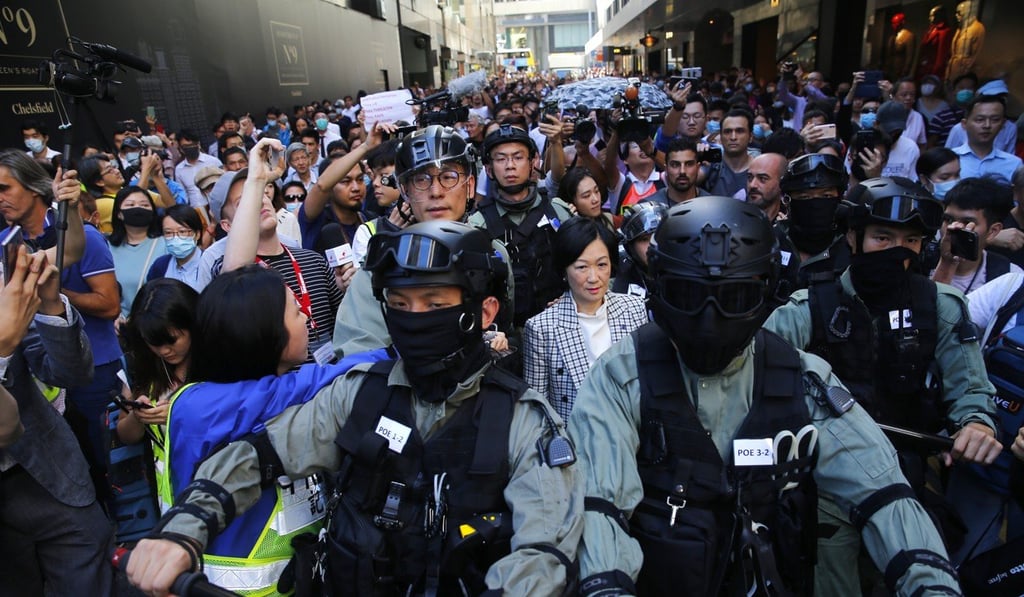Opinion | Carrie Lam’s successor must be able to win over Beijing and the Hong Kong public. Two candidates come to mind
- Lam’s successor must have credibility with Beijing but also a finger on the pulse of popular sentiment in Hong Kong
- Only former Legco presidents Jasper Tsang and Rita Fan have the broad appeal needed to solve pressing problems that Lam will leave incomplete

New Year’s Eve will mark the midpoint of Chief Executive Carrie Lam Cheng Yuet-ngor’s five-year term. Even the stoutest political heart must surely blanch at another 2½ years of the present imbroglio.
Although the exact timing of Lam’s departure remains uncertain, it is not too early for speculation about the next chief executive and how candidates can be identified. Normal succession practice would be to look first at the secretaries for administration, finance and justice.
Casting the net a little wider brings in all members of the present Executive Council. This, too, is surely a dead end. At least three of them – Bernard Chan, Laura Cha Shih May-lung and Regina Ip Lau Suk-yee – have been mentioned in dispatches and have the intellectual capacity to take on the challenge.

